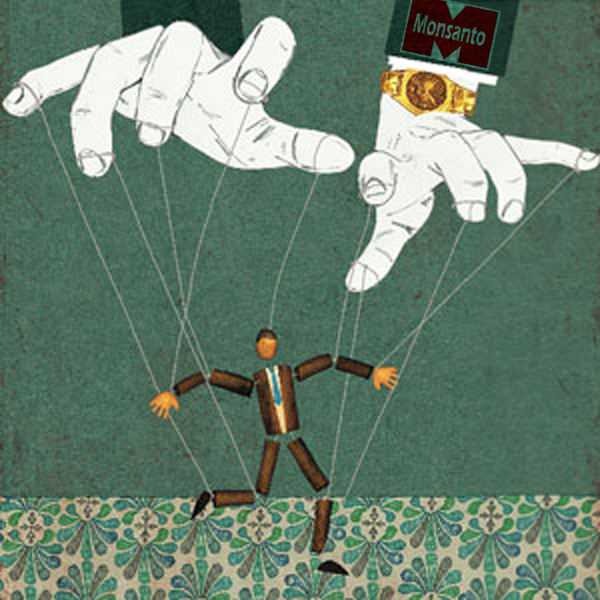 By CATHY BUSSEWITZ Associated Press HONOLULU
By CATHY BUSSEWITZ Associated Press HONOLULU
A top Hawaii lawmaker is delaying a public records request because of a dispute that could hold up similar requests for years. The outcome will likely determine whether legislators can withhold emails, calendars and other information from the public, which watchdog groups see as crucial to government accountability.
The Associated Press recently sought emails and schedules of legislative leaders in all 50 states, and the request was met with more denials than approvals. Some lawmakers claimed legislative immunity from the public records laws that apply to most state officials, while others said secrecy was essential to making laws.
But a response from the Hawaii Senate president stood out because the reason for not providing records was a pending appeal of a different records request, suggesting the Senate could be walling off similar information requests for a year or more.
The issue began when a non-profit group asked for copies of communications between several senators, representatives and the agriculture industry on pesticides and genetically engineered crops, sensitive topics in Hawaii.
Two representatives denied the request, so the group — The Center for Food Safety — appealed their case to the state office that resolves disagreements about access to government records.
Hawaii law states all government records are open to the public unless access is restricted by law. There are exceptions allowed in state law for certain records, including draft working papers of legislative committees and personal files of members of the Legislature, meaning those can be withheld from the public.
The House and Senate are treated the same way in the public records law, and their lawyers’ arguments in the Center for Food Safety case show a shared interest in limiting the amount of public records lawmakers are obliged to provide.
According to Amy van Saun, legal fellow for the Center For Food Safety, senators provided limited information in response to the center’s request, while two representatives denied the request entirely, prompting the center to appeal both denials.
When The Associated Press asked for emails and calendars of Senate President Ronald Kouchi, a Senate attorney in a letter said Kouchi wasn’t able to respond because of the pending appeals involving the Center for Food Safety, adding that the appeals are likely to determine the legislators’ rights and obligations under the state Constitution and open records laws.
Kouchi and the attorney declined, through spokeswoman Jill Kuramoto, several requests made over a week to answer follow-up questions about the letter, including whether the Senate planned to delay all public records requests until the completion of the pending appeals.
Arguing against the Center for Food Safety appeals, an attorney for the House of Representatives said that based on the state constitution, individual legislators are immune from such requests. The Senate weighed in with letters making similar arguments to the House, saying any decision in the case would also impact the Senate.
The arguments made by the House prompted Brian Black, president and executive director of the Honolulu-based Civil Beat Law Center for the Public Interest, to file a motion intervening in the Center for Food Safety case.
“Because they essentially said the individual legislators are exempt from the public records law, that just impacts way too many records on a wholesale basis,” Black said in an interview. “I couldn’t just let it pass.”
When resolved, the appeals involving the Center for Food Safety could determine what emails, communications and meeting information individual lawmakers are required to disclose to the public.
“The reason that Hawaii passed their public records law is so that citizens can have some oversight to what the elected officials are doing,” van Saun said. “And when they completely deny that access, in violation of that law, it just begs the question, what are they trying so desperately to cover up?”
House Speaker Joseph Souki said the Legislature is excused from providing emails and personal records because it allows lawmakers to talk freely with their constituents.
Black said he understands that argument, but it shouldn’t be relevant to the Center for Food Safety case because they’re asking for communications with lobbyists, not constituents.
Resolving the Center for Food Safety appeal will likely take a year or more, said Cheryl Kakazu Park, director of the state Office of Information Practices. The staff is working on finishing older cases, including two filed in 2013, she said. Once Park’s office is done with the appeals, either party can take the matter up with the courts, meaning further delays.
“The Legislature is balking, and the public records law is not a law for providing information that you’re comfortable disclosing,” Black said. “It’s a law that is intending to provide access to what the people are interested in getting, not what you’re comfortable producing.”
Read more here: http://www.thestate.com/news/article67065457.html#storylink=cpy


